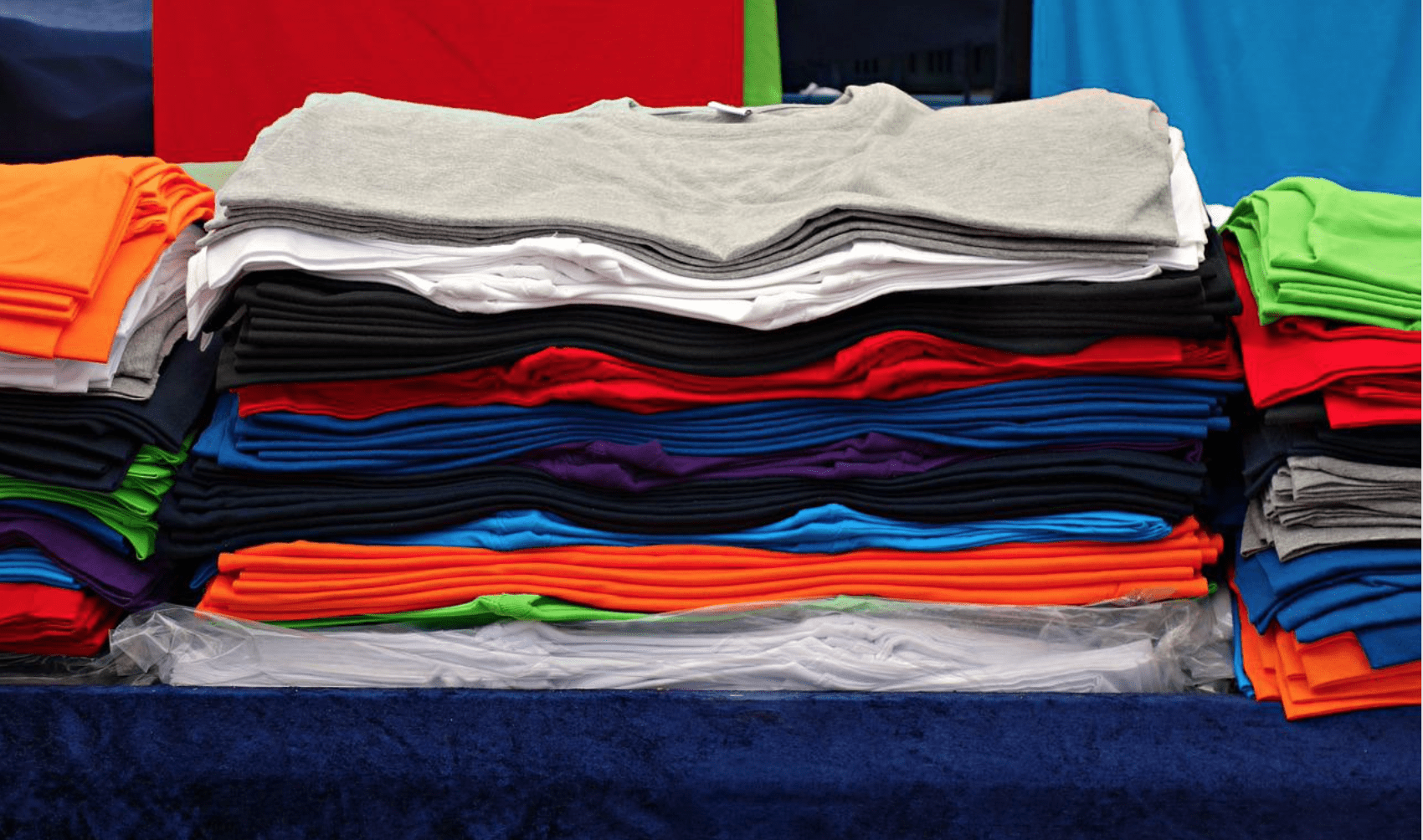
Garment supply chains in intensive care? Human rights due diligence in times of (economic) crises
The new coronavirus (COVID-19) affects almost every area of people’s lives and economic activity and has led to a significant disruption of world trade. The current situation demonstrates how precarious our global systems of production and consumption are. In response to the COVID-19 pandemic, a significant number of consumer countries have either gone into full lockdown, or have, for example, closed retail shops. This has led to a drastic drop in demand, hitting garment sector brands and retailers particularly hard.
Many global brands and retailers’ instant reaction was to unilaterally cancel orders for goods already produced or in the process of being produced. Of suppliers in Bangladesh who abruptly lost in-process contracts without compensation, 72.4 percent said they were unable to provide their workers with income when furloughed (sent home temporarily), and 80.4 percent said they were unable to provide severance pay when order cancellations resulted in worker dismissals, with over 95 percent reporting no support from brands and retailers to cover these costs. This data underscores the massive power imbalances between consumer-facing brands and their suppliers in the global garment industry, allowing global companies to set terms unilaterally with grave consequences for workers and suppliers. Faced with the COVID- 19 crisis, textile companies fall back on exactly what their supply chains are designed for: externalizing costs, outsourcing economic risk, and shifting the responsibility for workers’ social rights to suppliers. They simply leave behind corporate social responsibility promises as well as human rights obligations. With this reaction, once again, the garment sector is a paradigmatic example of the dynamics of global supply chains.
Still, human rights remain the benchmark government and business activity must be measured by, and they remain applicable in times of severe economic crises. This current crisis clearly shows that if governments and corporations had more seriously fulfilled and respected human rights in recent years, especially economic and social rights, fewer workers would be hit as hard by the current situation. Social security systems – to which all people have a right – prepare societies to alleviate hardships created by crises such as COVID-19. Their absence allows full-blown violations of social and economic human rights: the right to food, adequate housing, health and social protection.
Therefore, in this paper, we explore the following questions:
• What should proper due diligence by brands and retailers have looked like in relation to these human rights in the years preceding the current crisis?
• What are current human rights due diligence expectations of companies?
• What should human rights due diligence look like in the future to improve global supply chain workers’ rights?
To read the full policy paper, please click here.
